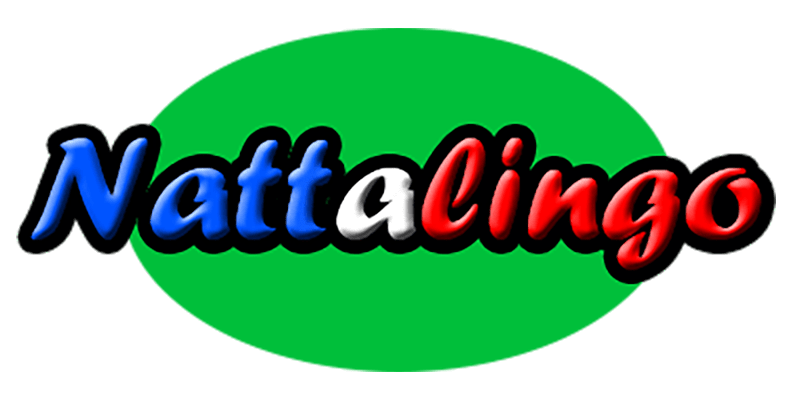We had a great day at Durham University and learnt so much!
Particular thanks from me go to everyone who made us all feel so welcome, the Consejería de Educación, Durham County Council and Durham University for hosting and organising, all the presenters and last but not least to attendees for the ideas which they so willingly shared and have been added to our original presentation!
Below is an insight into my whole day and the amazing sessions I attended with some very useful links for you!
Before we started, I met the Spanish Embassy Education Counsellor, Dr Gonzalo Capellánde Miguel, the School of Modern Languages & Cultures (Durham University), Dr Mike Thompson and Durham County Council’s Councillor Olwyn Gunn; they were all fascinating people to talk to, and I found out Mike and I had friends in common: John and Sarah from the amazing Théâtre Sans Frontières! As it happens they are currently running a project together and are offering workshops for AS/A Level students of Spanish – see attached Word document.
The 1st workshop was run by Penny and me.
I attended the workshops for primary staff and the next one was by Jesús M. Hernández (Consejería de Educación) and about a practical guide to teach Spanish at KS2. The guide includes a tool for grading learnings (it focuses on the cognitive capability of pupils), topics, tips, songs… even stories with resources to exploit them!
You can access other free resources and see the posters which you can order for FREE (you just need to pay P&P) on their website here. There are resources available so you can exploit those posters; they also have some lovely balloons available!
The next workshop was run by Rubén Barderas (Consejería de Educación) and Steven Fawkes (Association for Language Learning) and was all about the Language Magician Project, funded largely by Erasmus + and put together by people and organisations across Europe.
What is the Language Magician? It is a game for children learning languages, but one which is an assessment tool and enables you to download data! You do not teach to the game but there are classroom resources to help you introduce it; the game lasts 35 minutes; it tests listening, reading and writing skills but there is also a separate speaking module (not part of the game) which you can use. It has 2 different levels, can be placed several times (to show progression) and is expected to be used in this country in Y5 and Y6. You can register your interest on the home page and will then get informed when it goes live and you can start using it!
The following workshop was with Jesús again; this time he entertained us with some brilliant ideas on how to use stories, music and magic! The fact that he played the guitar for us too was brilliant… I don’t know about you but I can’t quite do that with my classes! One of his ideas was to use songs to welcome the children and also as bridges between activities. He always involves the children with singing and using their bodies. The 2 stories he shared with us and which come with resources are “Un bicho extraño” and “¿A qué sabe la luna?”.
The last general workshop was by Carlos Soler Montes (The University of Edinburgh) who presented a history of the Spanish language as if it was a recipe; it was very informative, interactive, entertaining… and all in Spanish!
I did not want the day to end but it had to!
¡Hasta luego!

